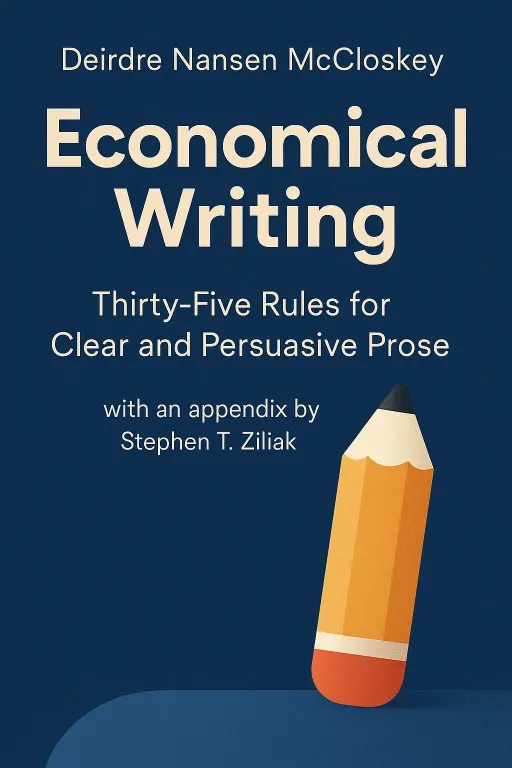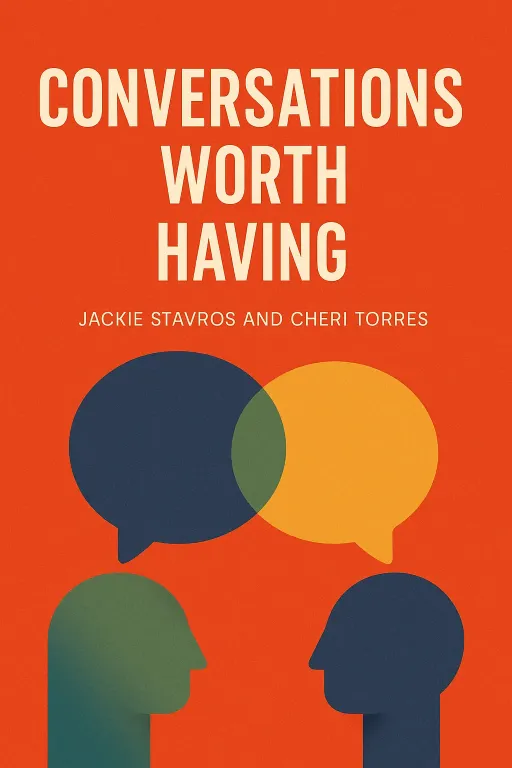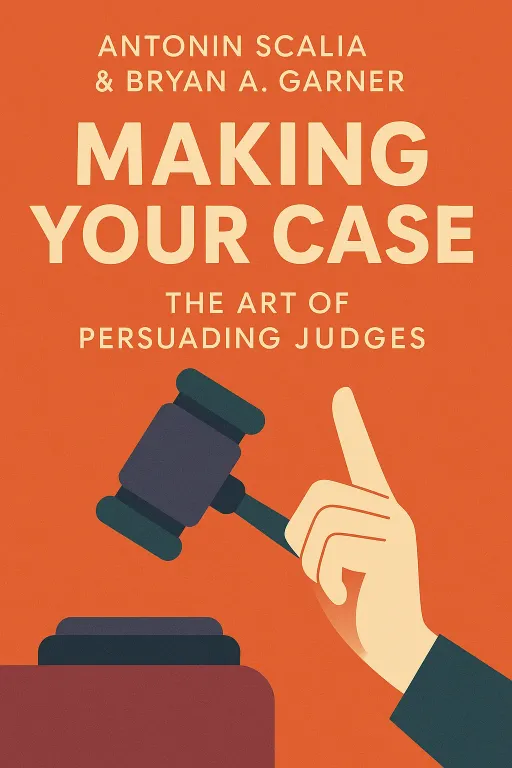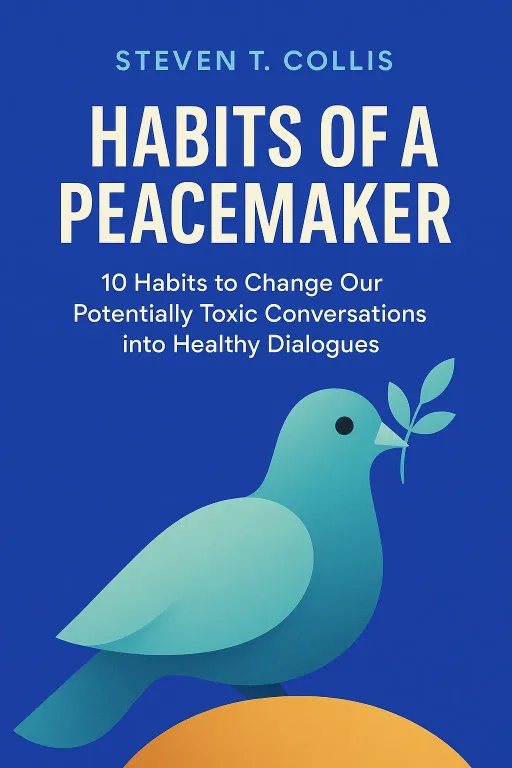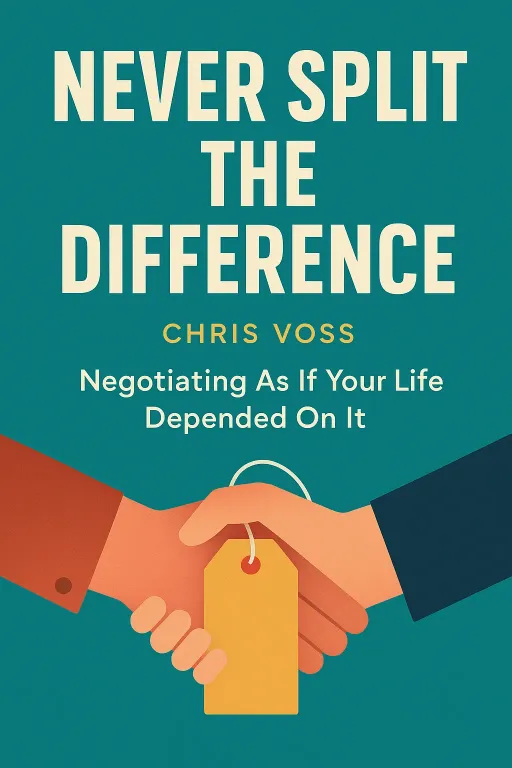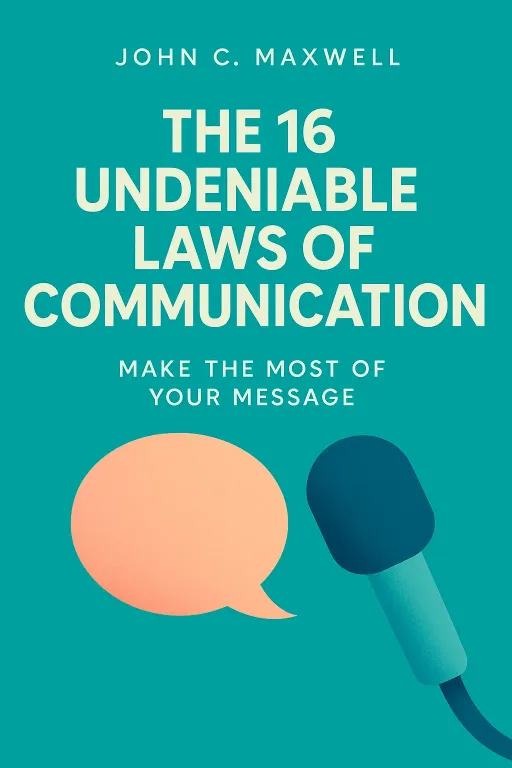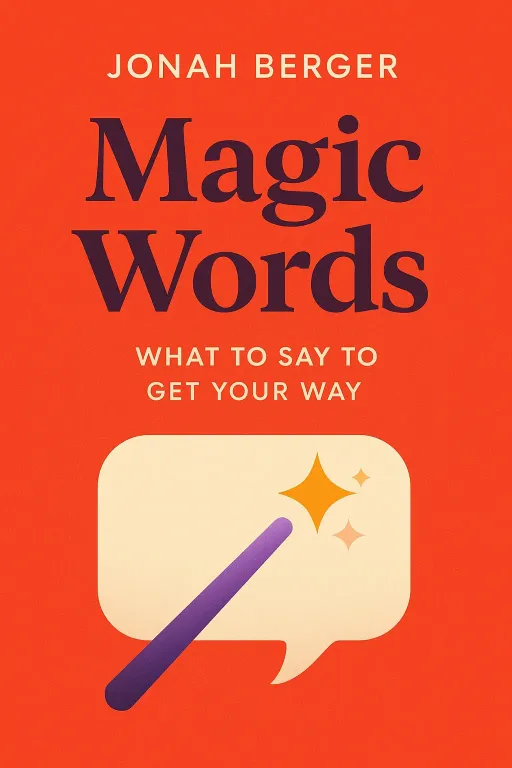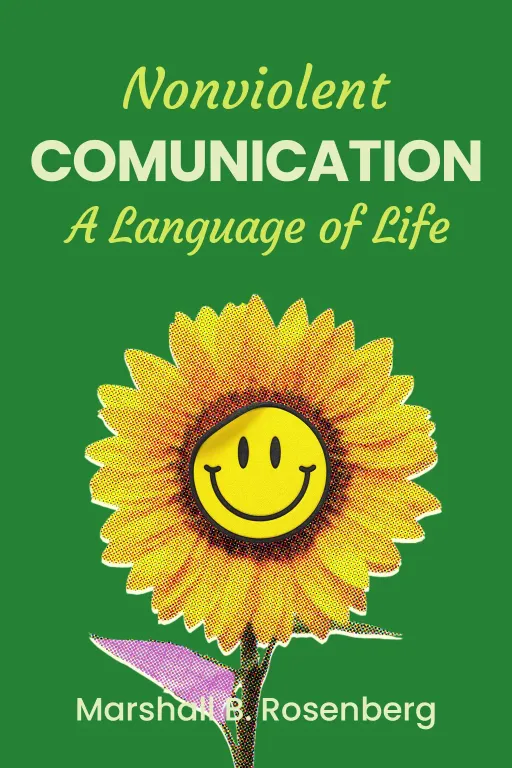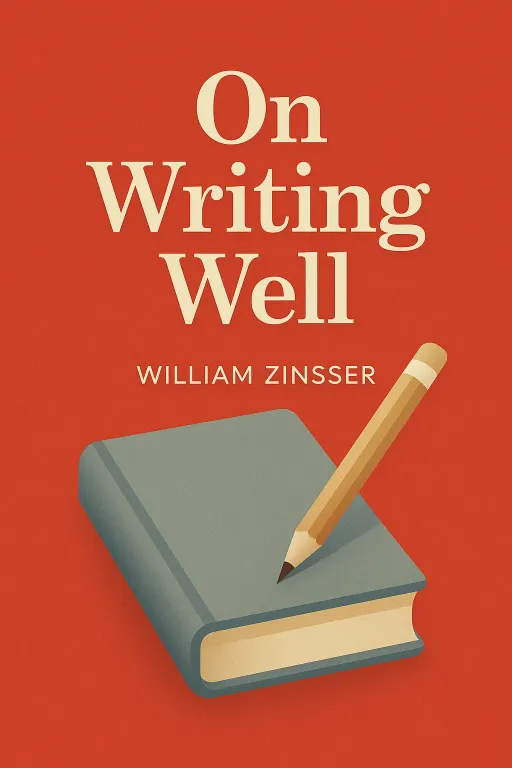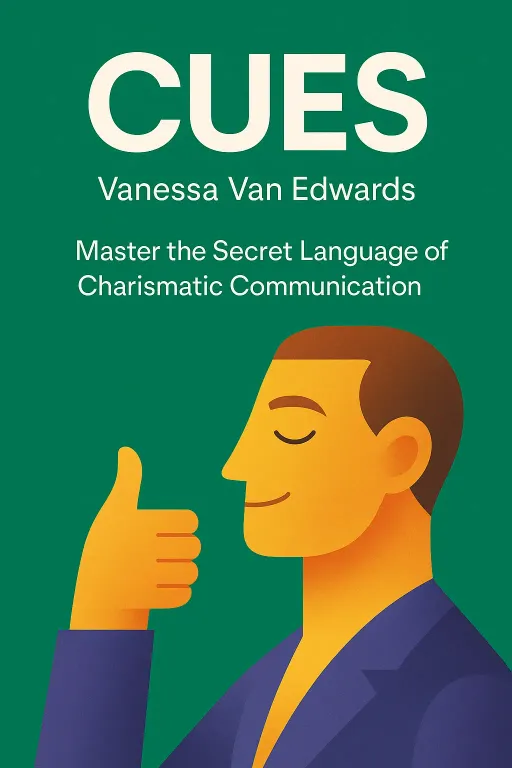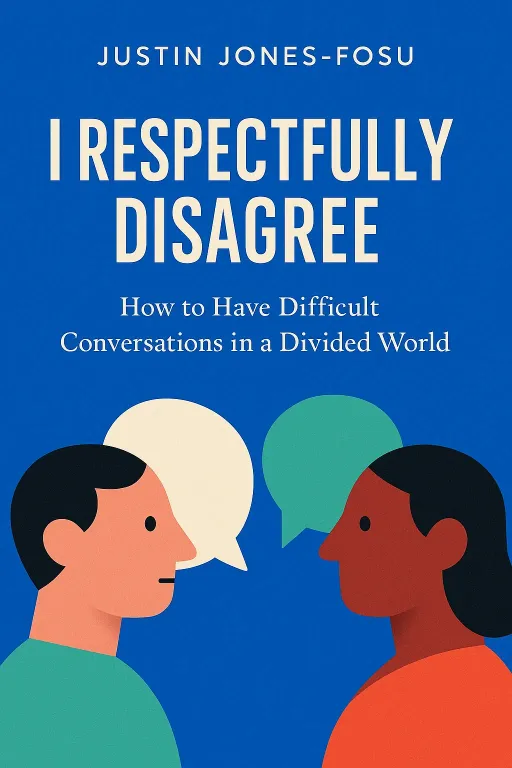
I Respectfully Disagree
10 minHow to Have Difficult Conversations in a Divided World
Introduction
Narrator: Imagine a family Christmas dinner, the air thick with the scent of pine and roasting turkey. Three generations are gathered, but beneath the festive cheer, a political chasm divides them. A casual comment about the economy from Michael, a staunch conservative, sparks a sharp retort from his sister Sarah, a liberal journalist. The conversation quickly spirals from a debate over policy into a volley of personal attacks. Voices rise, integrity is questioned, and soon, Michael’s young son, caught in the crossfire, breaks down in tears. The joyous celebration has fractured into a painful silence.
This scene, a painful mix of love and division, is a microcosm of a global problem. We are more connected than ever, yet we feel increasingly divided, unable to talk about our deepest convictions without resorting to anger or silence. In his book, I Respectfully Disagree, author and communication expert Justin Jones-Fosu argues that this doesn't have to be our reality. He provides a powerful framework for navigating the difficult conversations that define our modern world, not by avoiding them, but by learning to engage with profound respect.
Redefining Respect Beyond Reciprocity
Key Insight 1
Narrator: The first step in transforming our disagreements is to redefine a word we think we know: respect. Society often treats respect as something that must be earned or reciprocated, a currency exchanged for good behavior. Jones-Fosu challenges this notion, introducing what he calls "Golden Respect." This is not the conditional respect of Aretha Franklin's famous song, but an unconditional acknowledgment of the shared humanity in every individual. It is a choice, a gift we offer regardless of whether we agree with someone or whether they offer it back.
A stunning real-world example of this principle occurred during a tense 2020 Black Lives Matter protest in London. Amid the chaos, a white counter-protester named Bryn Male was injured and fell to the ground, surrounded by an angry crowd. As tensions escalated, a Black protester named Patrick Hutchinson saw not an enemy, but a human being in peril. He pushed through the crowd, lifted the injured man onto his shoulders, and carried him to safety. Hutchinson later explained that his actions weren't about agreement or politics; they were about preventing a catastrophe. He chose to see a person, not a label, and offered respect in a moment it was least expected. This is Golden Respect in action—a conscious choice to protect another's humanity, even at personal risk.
Unearthing the Roots of Our Disagreement Style
Key Insight 2
Narrator: Why do we react so defensively in the first place? Jones-Fosu argues that our past holds the key. He introduces the concept of Life Disagreement Markers, or LDMs—pivotal past experiences that shape our present-day reactions to conflict. To illustrate this, he shares a deeply personal story. As a child, he suffered physical and emotional abuse at the hands of his older brother. For years, this trauma programmed his response to any disagreement. His default mode was to "fight," not because of the current situation, but because he was unconsciously battling for the terrified little boy who couldn't defend himself.
It wasn't until he chose to forgive his brother—not for his brother's sake, but for his own—that he was liberated from this cycle. Forgiveness allowed him to see that his anger was imprisoning him. By understanding the origins of his conflict style, he could begin to consciously choose a different response. This insight teaches that before we can respectfully disagree with others, we must first understand and make peace with the past that dictates our instinctive reactions.
Choosing to Build Bridges, Not Barriers
Key Insight 3
Narrator: Once we understand our past, we face a choice in every disagreement: we can build a barrier or we can build a bridge. Barriers are built from defensiveness, judgment, and the need to be right. Bridges are built from empathy, curiosity, and a focus on a shared future. Jones-Fosu points to Nelson Mandela as a master bridge-builder.
After spending 27 years in a prison cell for fighting apartheid, Mandela could have emerged seeking retribution. His country was on the brink of civil war, a tinderbox of racial hatred. Instead, he chose to build bridges. He initiated negotiations with his former oppressors, not by making demands, but by listening deeply to their fears. He understood that to build a new, unified South Africa, he had to acknowledge the humanity of everyone, including those who had denied his. By focusing on a shared future rather than a divided past, Mandela guided a fractured nation toward healing and democracy, proving that even the deepest chasms can be bridged with empathy and resilience.
The Practice of Humanization
Key Insight 4
Narrator: Building bridges requires a fundamental shift in how we see people, a practice Jones-Fosu calls humanization. It is the conscious effort to see past labels and ideologies to the complex person underneath. Dehumanization, its opposite, is what allows us to dismiss, ridicule, and attack others. To illustrate the power of forcing this shift, the book references a pivotal scene from the film A Time to Kill.
In the film, a white lawyer, Jake Brigance, is defending a Black man for avenging a brutal crime against his young daughter. The verdict seems certain, as he faces an all-white jury in the segregated South. In his closing argument, Brigance doesn't argue legal points. Instead, he asks the jury to close their eyes and listen as he graphically describes the horrific ordeal the little girl endured. As the jurors are visibly moved, he delivers the final, devastating line: "Now, imagine she's white." In that moment, he shatters their prejudice by forcing them to humanize the victim. He makes it impossible for them to see her as anything other than a child who suffered, just as their own child might. This is the core of challenging our perspective—actively working to see the world through another's eyes.
Moving from Debate to Dialogue
Key Insight 5
Narrator: Humanizing others allows us to move from a mindset of debate to one of dialogue. A debate is a competition with a winner and a loser; the goal is to prove a point. A dialogue is a collaborative exploration; the goal is to understand. Jones-Fosu shares his own experience with this shift. After a tragic police incident, he posted his sorrow and anger on social media. When a police officer's wife commented, warning against generalizing all police, his first instinct was to get defensive.
Instead, he chose to engage in dialogue. He reached out to her privately and listened to her story about her husband's service and the fear she lived with daily. This conversation didn't erase his concerns about systemic issues, but it replaced his black-and-white caricature of police with a more nuanced, gray understanding. He sought the gray by moving from a desire to be right to a desire to learn. This shift from debate to discovery is essential for finding common ground.
The Transformative Power of Acknowledgment
Key Insight 6
Narrator: The final pillar of Jones-Fosu's framework is putting respect into action through acknowledgment. This is more than just being polite; it's about making others feel seen, valued, and heard. The book tells the incredible story of a former skinhead named Jack, a man who wore his hatred like armor. He was filled with prejudice, a product of a neglectful and abusive childhood.
But a few people he encountered chose a different path. They didn't shout him down or argue with his hateful views. Instead, they responded with kindness and patience. They listened to his story without judgment and treated him with dignity. This unwavering respect, this full acknowledgment of his humanity despite his ideology, began to dismantle the walls of prejudice he had built. Jack eventually left the movement, embarking on a painful journey of remorse and transformation. The people who showed him respect may never know the profound impact they had, but their choice to acknowledge his humanity planted the seeds for his unimaginable change.
Conclusion
Narrator: The single most important takeaway from I Respectfully Disagree is that the goal of a difficult conversation is not to win an argument or change someone's mind. The goal is to choose, in that moment, to honor the humanity of the person in front of you. It is a commitment to see them as a whole person, shaped by a life you haven't lived and experiences you haven't had. This is not about validating their beliefs, but about validating their worth.
The book's ultimate challenge is not simply to be nicer, but to embrace the slow, steady, and intentional work of the "Tortoise Principle." It asks us to make small, consistent efforts to bridge the divides in our own families, workplaces, and communities. The question it leaves us with is not whether we can solve all the world's divisions overnight, but whether we are willing to take the first, small, respectful step today.
